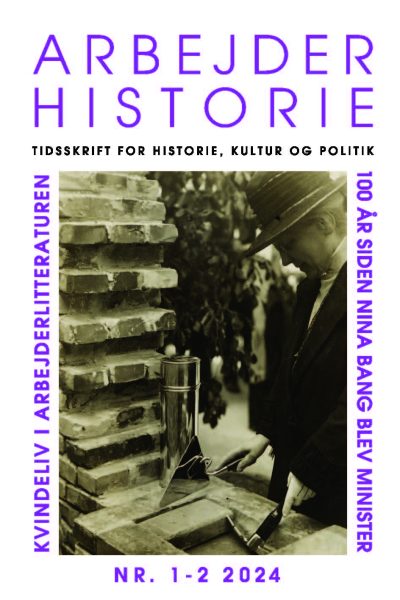Regimet efter ‘Fireburn’
Magt, kapitalisme og den globale arbejderhistorie set fra St. Croix
DOI:
https://doi.org/10.7146/ah.vi1-2.156214Resumé
Historians have recently begun to broaden our ideas of what global histories of capitalism and labor may encompass. ese no longer need to be centred around Europe or the proletariat but may just as well explore how other sites and labor relations were bound up with the global expansions and contractions of capitalist modes of production and accumulation. This article provides a locally grounded account of how capitalism shaped realities in the Danish colonial island of St. Croix (since 1917 part of the US Virgin Islands) after the ‘Fireburn’ labor riots of 1878 and during the subsequent establishment of a ‘free’ labor market. Doing so, it makes the claim that the coming of ‘free labor’was accompanied by an entrenchment of the already emerging view that colonial governing in the Danish West indies had to proceed through exceptional and highly illiberal means. in the colony, the regime that governed the working lives of Afro-Caribbean laborers and their families therefore relied on rationalities of government – or ‘governmentalities’ – that denied the possibility of governing through ‘economic’ mechanisms. instead, the prime means to ensure that ‘free’ laborers managed their freedom as they should was a series of paternalist and highly repressive measures, not least of all an intensive use of prison sentences.
Downloads
Publiceret
Citation/Eksport
Nummer
Sektion
Licens
Copyright (c) 2024 SFAH og forfatterne

Dette værk er under følgende licens Creative Commons Navngivelse – Ikke-kommerciel – Ingen Bearbejdede Værker (by-nc-nd).


